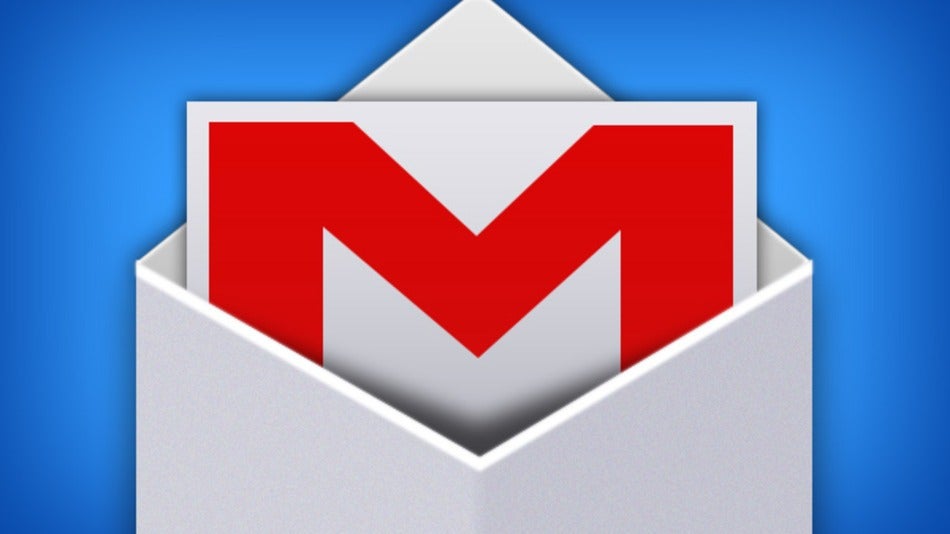Gmail tips: How to get the most out of Google's email client
Make your inbox a nice place to be, with just a few tiny tweaks

Your support helps us to tell the story
From reproductive rights to climate change to Big Tech, The Independent is on the ground when the story is developing. Whether it's investigating the financials of Elon Musk's pro-Trump PAC or producing our latest documentary, 'The A Word', which shines a light on the American women fighting for reproductive rights, we know how important it is to parse out the facts from the messaging.
At such a critical moment in US history, we need reporters on the ground. Your donation allows us to keep sending journalists to speak to both sides of the story.
The Independent is trusted by Americans across the entire political spectrum. And unlike many other quality news outlets, we choose not to lock Americans out of our reporting and analysis with paywalls. We believe quality journalism should be available to everyone, paid for by those who can afford it.
Your support makes all the difference.Good luck living without email. But good luck living with it, too — it's perhaps one of the biggest drains and annoyances to come out of the computer revolution.
But email, and specifically Gmail, should be a place of joy: it allows you to talk to people in a way never before known, and you can chat with pretty much anyone in the world.
Here are some quick tips for getting the most out of Google's email client, and returning your inbox to a source of joy rather than pain.
Use Google's Inbox
Gmail is slowly dying — Google seems to hope that it's much smarter Inbox app will take its place. And you can get a head-start buy using the app on your phone or computer, either by downloading it or by heading to inbox.gmail.com.
It'll smartly organise your email and pull out information that might be useful.
Offline Gmail
Email already relies on the internet, and since Gmail is based in your browser, you might presume that it was impossible to use it without a connection. But actually offline Gmail is perfectly possible — even if you won’t be able to actually send the messages.
Downloading the Gmail Offline plugin will turn your Gmail into a fully-featured offline client. You’ll be able to search through, read, write and manage emails without any internet connection, though obviously you’ll have to wait until you’re back online to actually send them.
Pause your inbox
Another browser extension, Inbox Pause is meant to give you the space and time to deal with your email without a whole flood of new ones putting you off. It does exactly as the name implies: pausing your inbox so that nothing will come into it, but allow you to still use it, letting you deal with the current flood before you get inundated all over again.
Canned responses
Find yourself writing the same emails over and over again? Do it no more and set up automated responses to fend you friends and enemies off with.
To turn it on, head to settings and choose the “Labs”. Find the Canned Responses option and turn that on.
When that’s done you can write out any email and opt to save it, which is done by clicking the little arrow in the bottom right corner. You can make that a new canned response and it’ll be available any time you need it.
Make sure your Gmail stays safe
Turning on two-factor authentication is vital for pretty much every online service, and extra-important for anything as important as your Gmail.
The feature means that you’ll have to log in using two pieces of information. In the case of Gmail that’s a message to your phone number, so that nobody will be able to get into your account unless they have access to your phone.
Turning it on is done through the Google settings. Though it takes a little longer each time, it’s preferable to having all of your identity stolen.
Create rules to deal with your emails
Gmail can do a lot on your behalf, and most of that is enabled through Rules. Rules — which can be found in the Settings menu under their own tab — can be created for pretty much anything.
You can select what messages you want to be chosen: whether they’re from a certain person, have a specific word in the subject line, or practically anything else. And then you can choose to do pretty much anything with them, such as deleting them or having them filed in a specific label.
Join our commenting forum
Join thought-provoking conversations, follow other Independent readers and see their replies
Comments